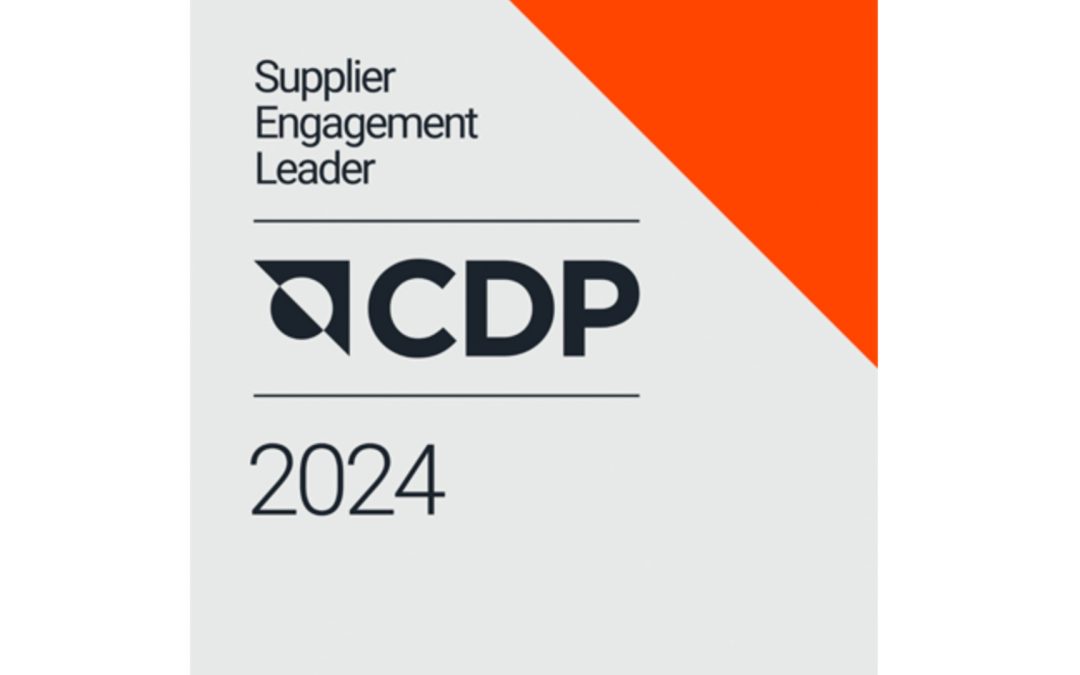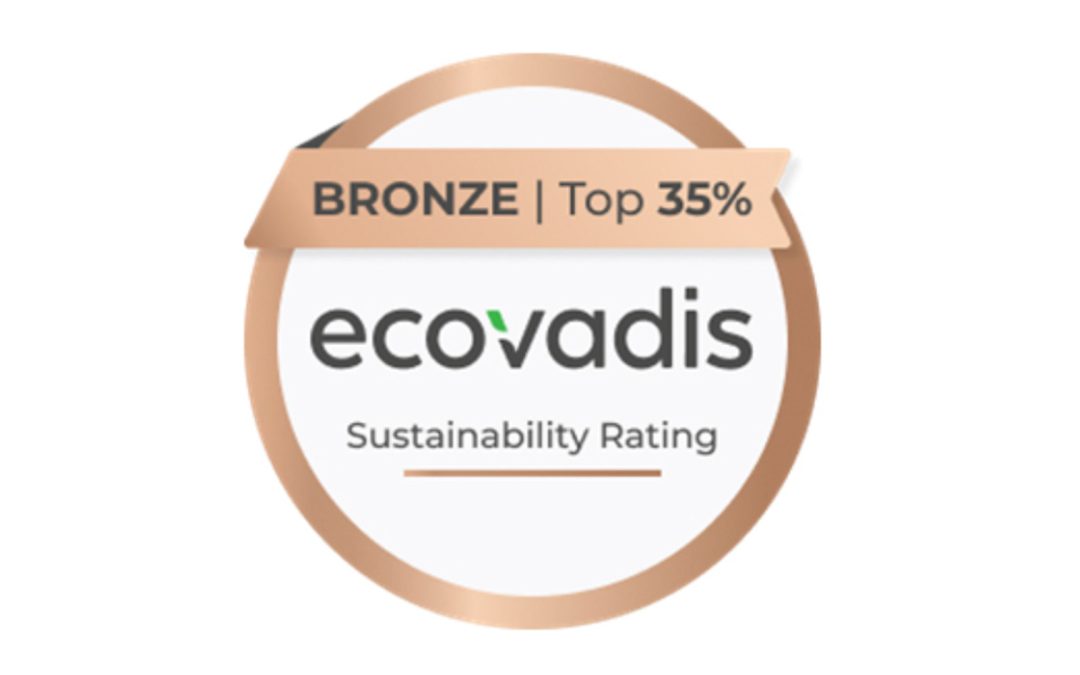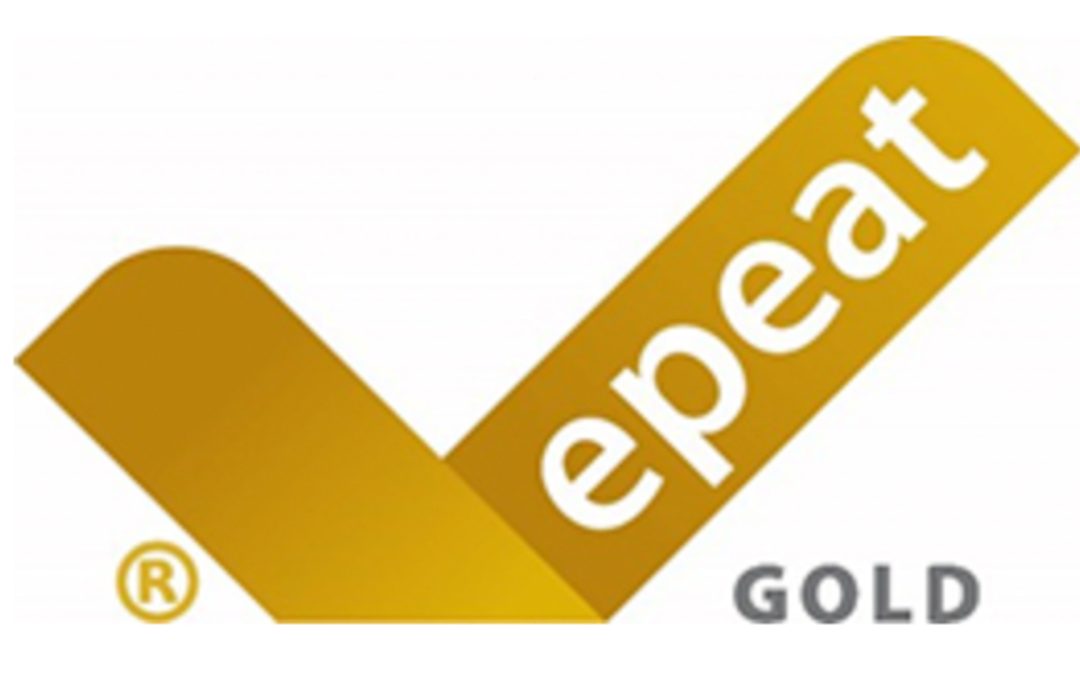 Sustainable Brands has published an interview with Fuji Xerox Asia Pacific’s Head of Regional Corporate Sustainability, Janet Neo, in which she discusses the OEM’s “continuous journey towards circularity”, and its “transition from product to document solutions service provider.”
Sustainable Brands has published an interview with Fuji Xerox Asia Pacific’s Head of Regional Corporate Sustainability, Janet Neo, in which she discusses the OEM’s “continuous journey towards circularity”, and its “transition from product to document solutions service provider.”
“Over the past 23 years, sustainability has become deeply ingrained in the company’s business strategy and operations”, writes Sustainable Brands, and the interview begins by focussing on Fuji Xerox’s closed-loop policy, which means that “products in the market are collected to ensure full utilisation of products, and that usable parts remain circulated in a closed circle under strict quality assurance.”
According to Neo, this policy begins at the design stage, in liaison between the product design team and the engineering support department – “this allows engineering support to provide feedback and raise issues faced by current products to the design department to enhance future products.” Such enhancements have included an increased ease of disassembly, and a longer product lifespan.
The interview also discusses how Fuji Xerox maintains product quality whilst using reused and recycled materials and parts. “All recycled parts must have passed through rigorous screening for quality assurance,” Neo explains. “Through examinations are conducted on the parts and materials to determine if the new products would have the same quality, as well as physical and chemical properties, as ones made from new parts.”
“We endeavour to minimise the usage of virgin materials as much as possible,” Neo continues, going on to explain how the closed-loop model “consistently delivered reduction in the use of virgin materials. In fiscal 2016, we recorded a reduction of 3,809 tonnes in new resource inputs, surpassing our goal by 345 tonnes.”
The Q&A also takes in integrated recycling systems, inverse manufacturing, and human-centred design. Of the latter, Neo explains that “putting people first in the policy that continuously guided research and technological development at Fuji Xerox ever since the company’s founding.”
Speaking about extended producer responsibility, Neo explains what contribution such programmes made to the OEM’s successful sustainability programme; as a company, she says, Fuji Xerox “promotes industry advocacy in extended producer responsibility and supports the adoption of harmonisation and best practices on environmental legislation.”
“We prioritise being aware of and understanding the laws, regulations and infrastructure of the different countries in which we operate,” Neo concludes, in response to a question on the “complexities” of different laws and regulations in each of Fuji Xerox’s markets. “This helps to better streamline and optimize our integrated recycling system and inverse manufacturing program.”
She also finishes by talking about the company’s “total business model overhaul” and how Fuji Xerox was able to convince stakeholders and customers of its value, as well as how it has affected the company’s future. “Today, our sustainability efforts are widely recognised,” she adds, “and we firmly believe that it will continue to play a key role in our sustained growth.”
You can read the interview for yourself in full, by clicking here.






















